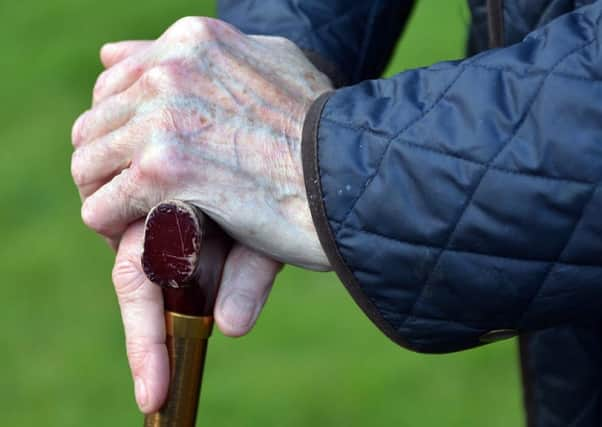Parveen Kumar: Older people and their carers deserve better support


Improvements in life expectancy are absolutely a cause for celebration but unfortunately these extra years of life are too often spent in poor health or social isolation because the UK’s ageing population is being failed by a fragmented and over-stretched health and social care system. Far more needs to be done by the Government to support greater co-ordination and integration of health and social care services and ensure that these services can cope with the growing needs of older patients.
Last month the BMA published a new report, Growing older in the UK, which shows just how much of a problem this is. Our report follows further warnings from other experts in the sector, such as the King’s Fund and Nuffield Trust, who have said that vulnerable older people in England are having to fend for themselves because Government-funded care is being scaled back, with spending on care by councils falling by a quarter in real terms in the five years up to 2015.
Advertisement
Hide AdAdvertisement
Hide AdOur report calls for more to be done to support and improve people’s health and wellbeing as they grow older in the UK. In particular, we must tackle the under-diagnosis and under-treatment of mental health conditions in older adults, to make sure that their mental health is treated as importantly as their physical health.
We know that only a small proportion of older people with depression seek treatment, with research suggesting that although 20 to 40 per cent of older people in the community show signs of depression meriting treatment, only four to eight per cent consult a GP. We owe it to these patients to turn this around.
We must also consider the families and loved ones who may be caring for those who are growing older. In the UK today, there are a staggering 6.5 million people providing a level of unpaid care to a relative, close friend or neighbour.
The replacement value of carers’ support is worth a staggering £132bn a year – that’s equivalent to a second NHS. Caring is something that most people do, but which they are not prepared or trained for, and which can have a significant impact on carer’s lives in terms of work, health, income, family and other relationships. We must ensure there is a focus on a carer friendly health services which support carers not only to look after their loved one, but to look after their own health and wellbeing as well.
Advertisement
Hide AdAdvertisement
Hide AdBeyond the challenges and barriers identified in our work on old age, we should not forget the major contributions that older people make to society. Far too often, older people are regarded as a ‘problem’ rather than an ‘opportunity’ of what they can provide from their vast experience and maturity. I would like to help see the perception of older people shift away from being viewed as passive or dependent consumers of finite resources. I would like to see a society where older people are valued, and where everyone is supported to maximise their potential as they grow older.
A comprehensive public policy approach is needed to ensure the health and wellbeing of a population that includes a greater proportion of older people. Action in this area needs to extend to more than just the absence of disease; it should look to support the ability and opportunity for people to play an active role in society and shape their own lives as they grow older.
With demand for health and social care services increasing, the Government must urgently outline long-term solutions that provide the security that older people need and, most importantly, that they deserve. I hope that the BMA’s work on this issue will contribute to the development of a wider focus on supporting the health of us all as we age.